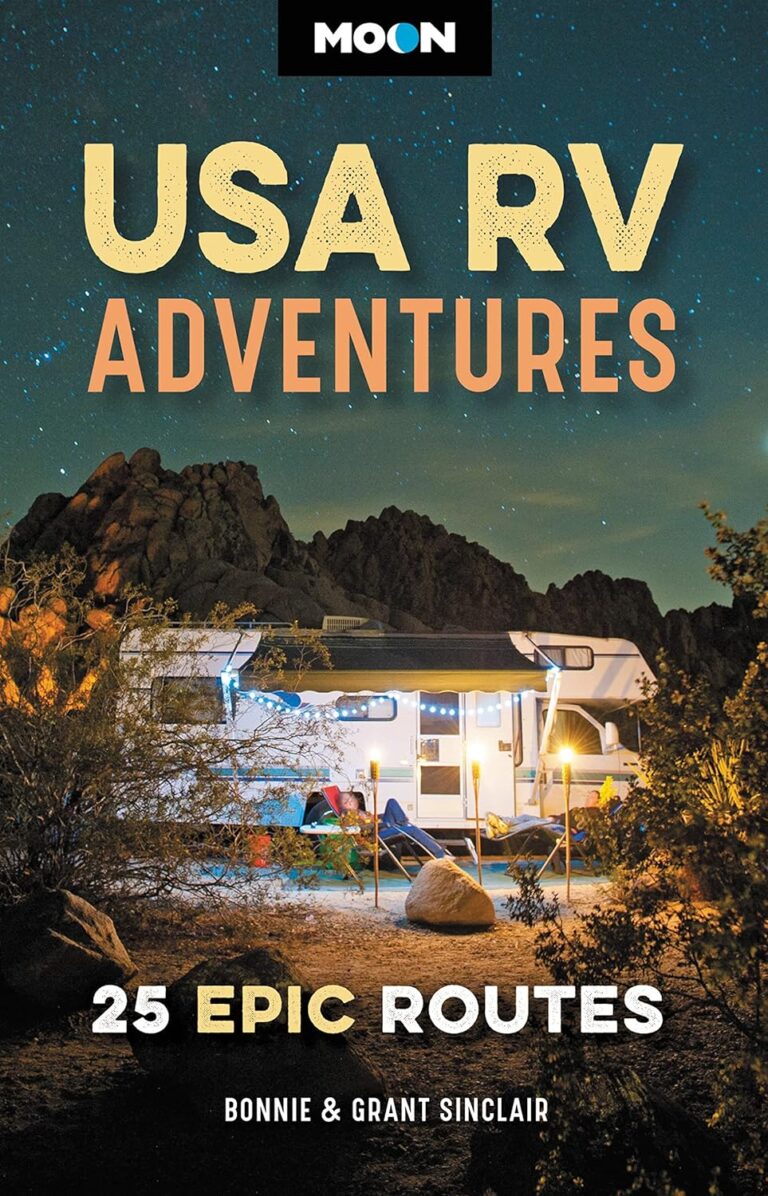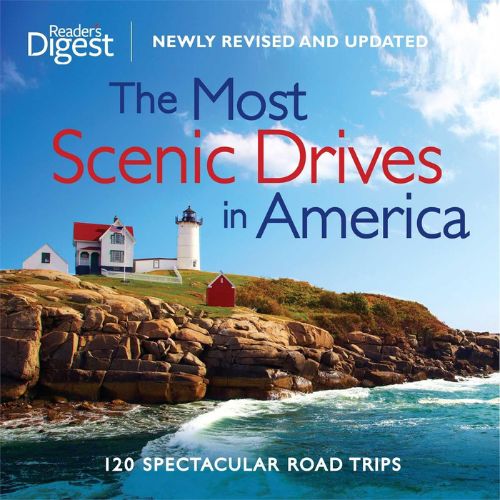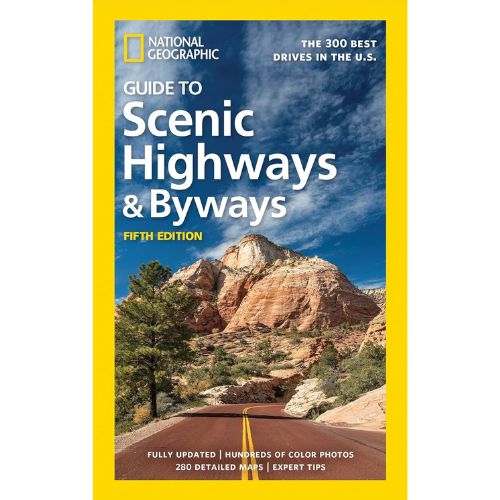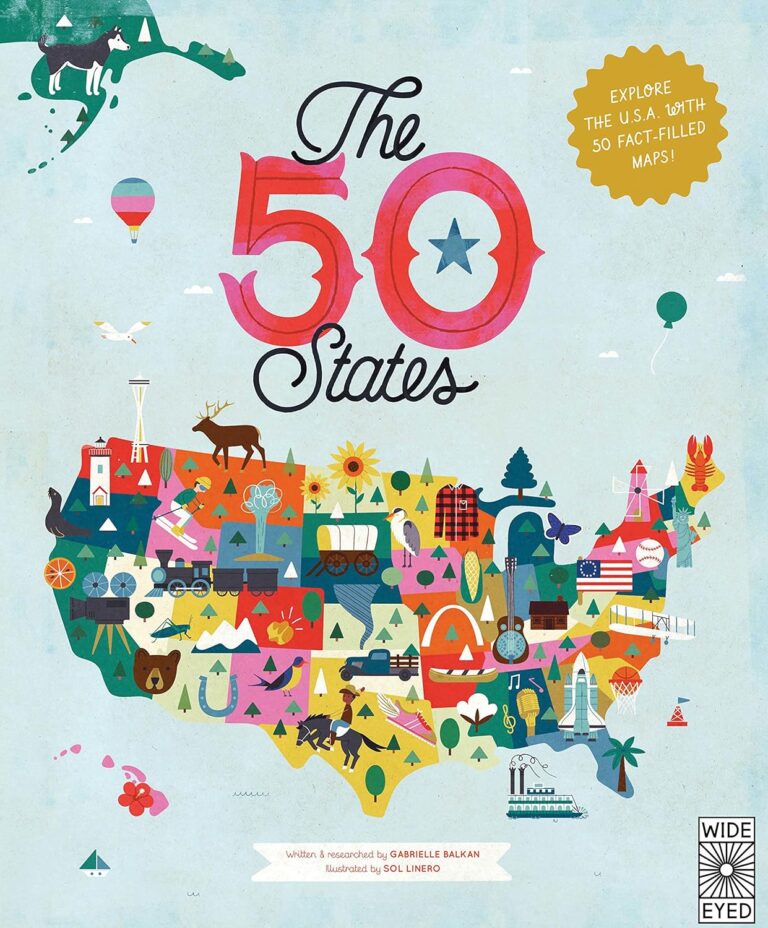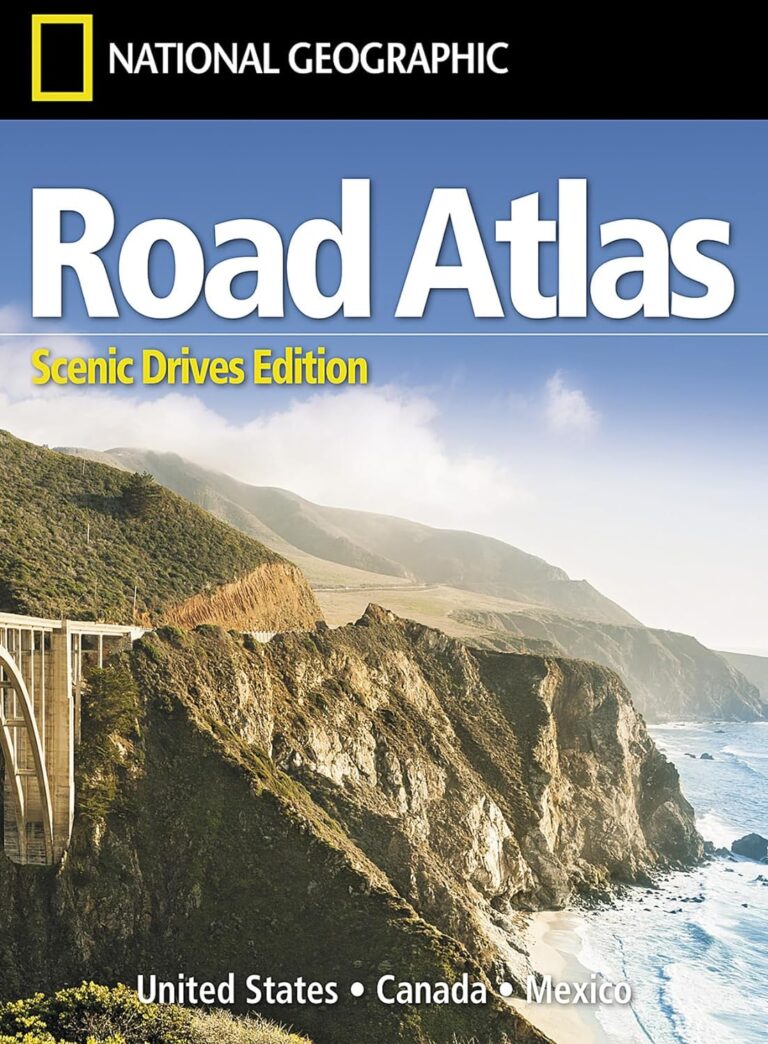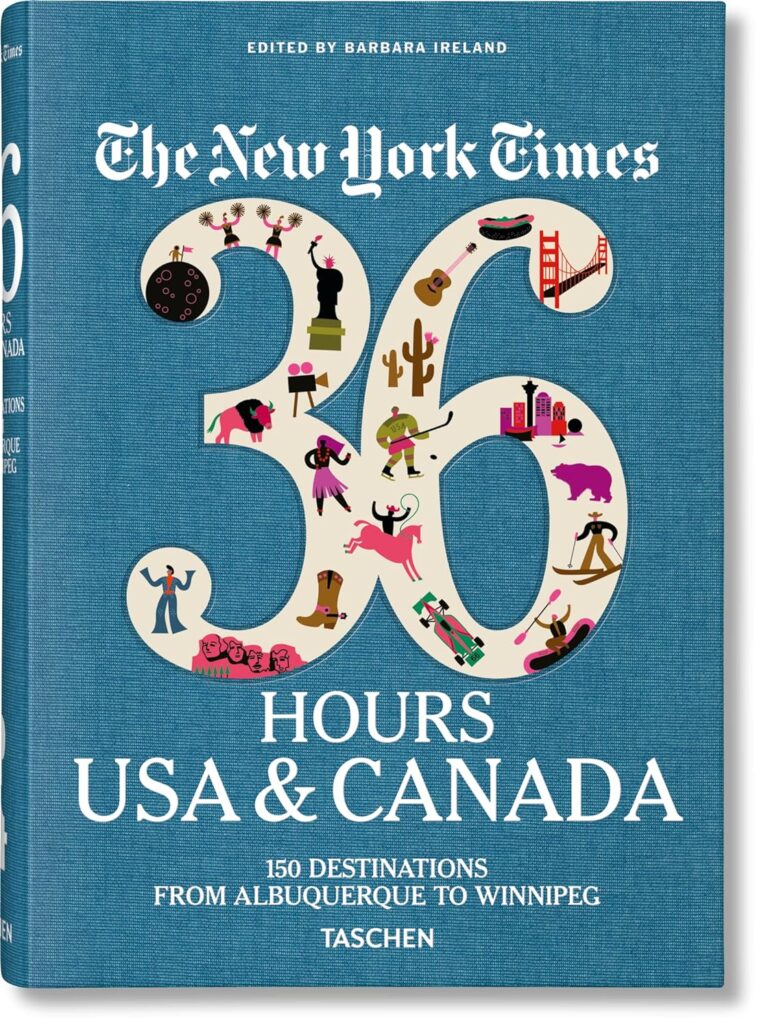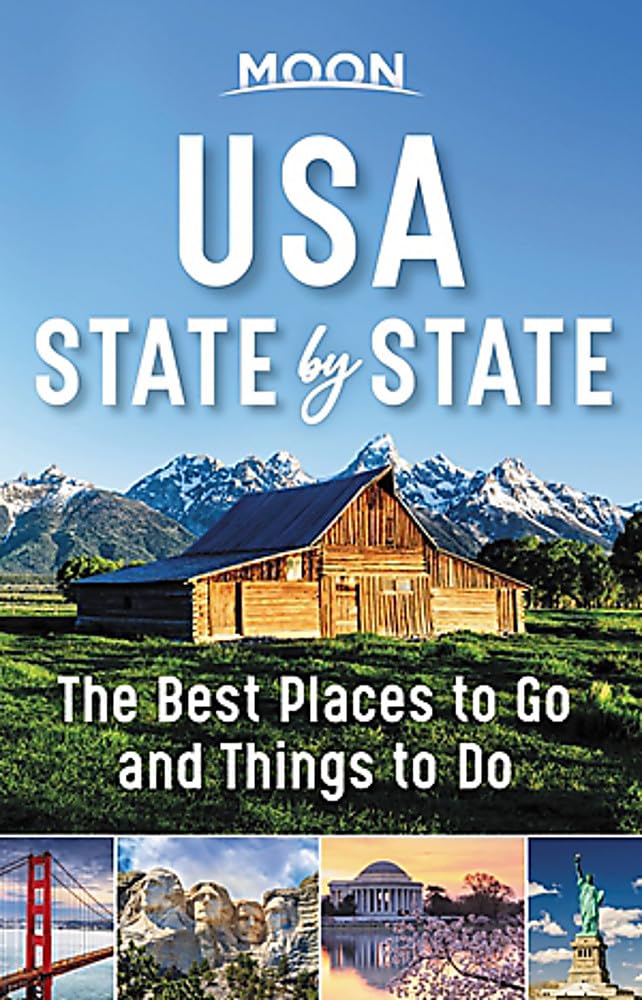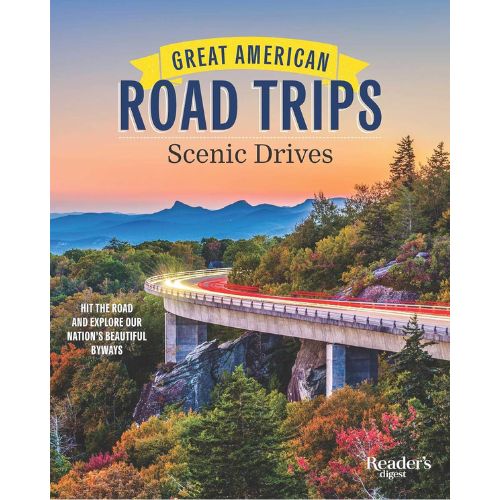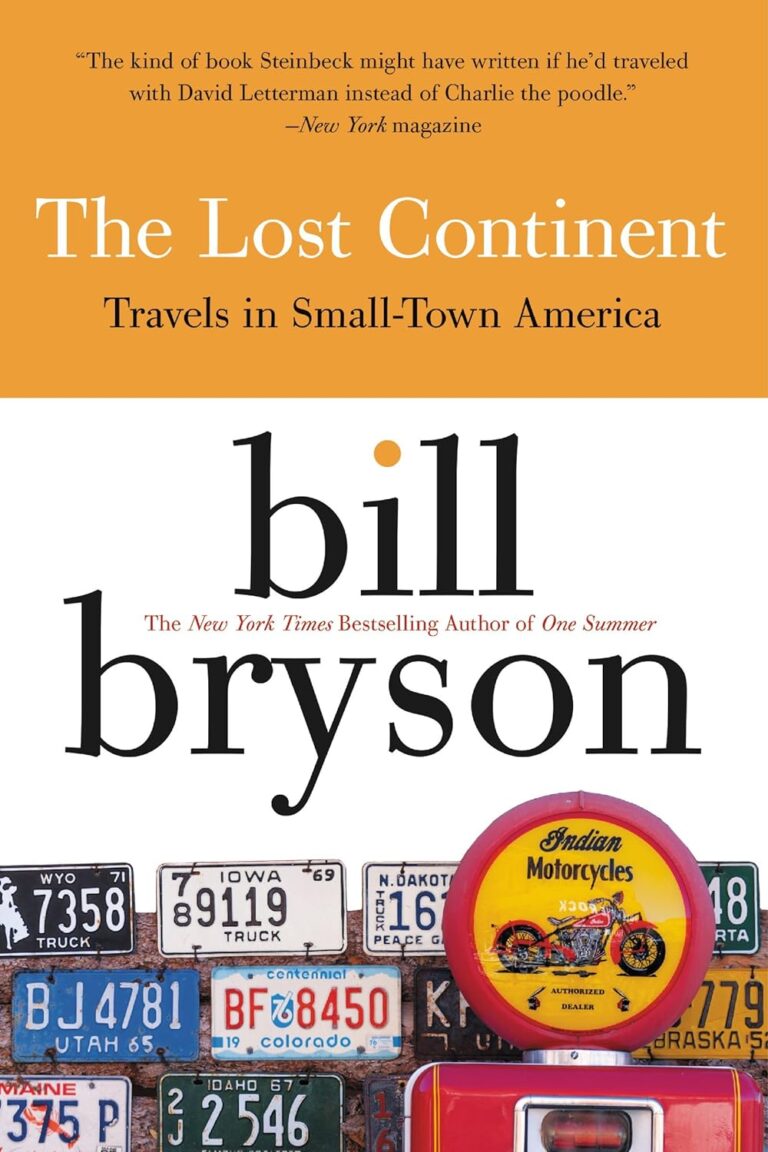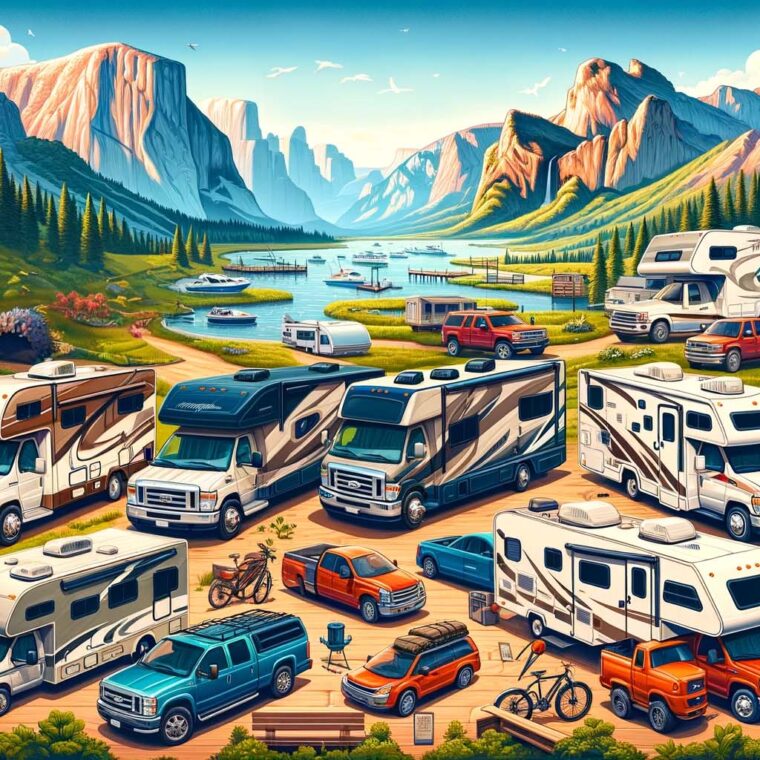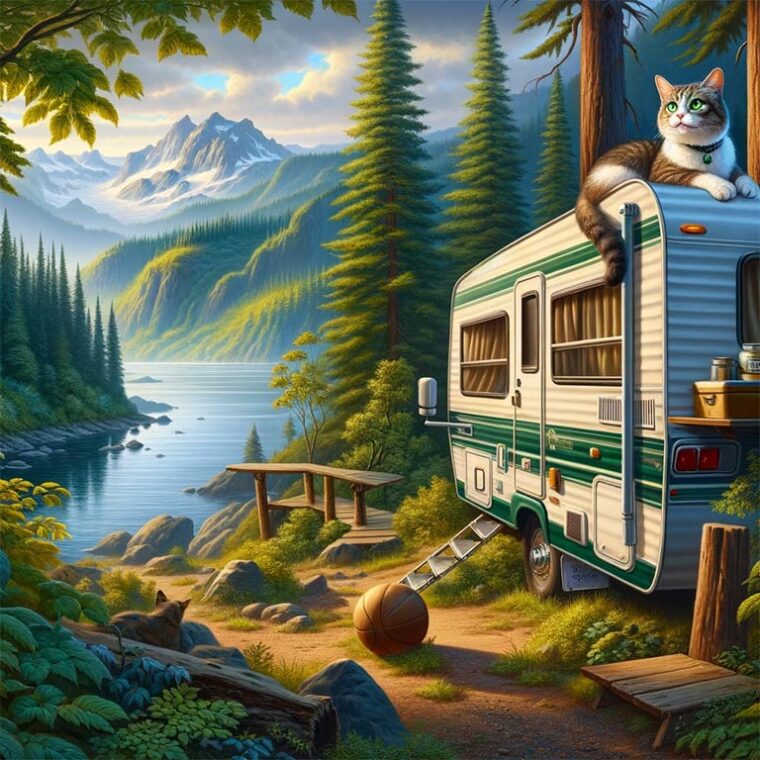The following post is one that I had in the holding tank for when my latest “Small Towns” series was finished. Had AI help me write this one a while back. Not too sure if there is anything more than common sense expressed here, but figured I would share it none the less.
Since creating this post, I HAVE rented an RV myself and plan on doing so again in the near future. Makes total sense for me right now and for the short foreseeable fate, but who knows what’s around the corner!
And in other news, been working on a series that will release starting in May about the National Parks – Thirty of them to be exact! I think they are coming out pretty good as well, so make sure and look for those starting on May 1st!
Anyway, here is that post I mentioned. I’ll share some rental locations and links in a future post!
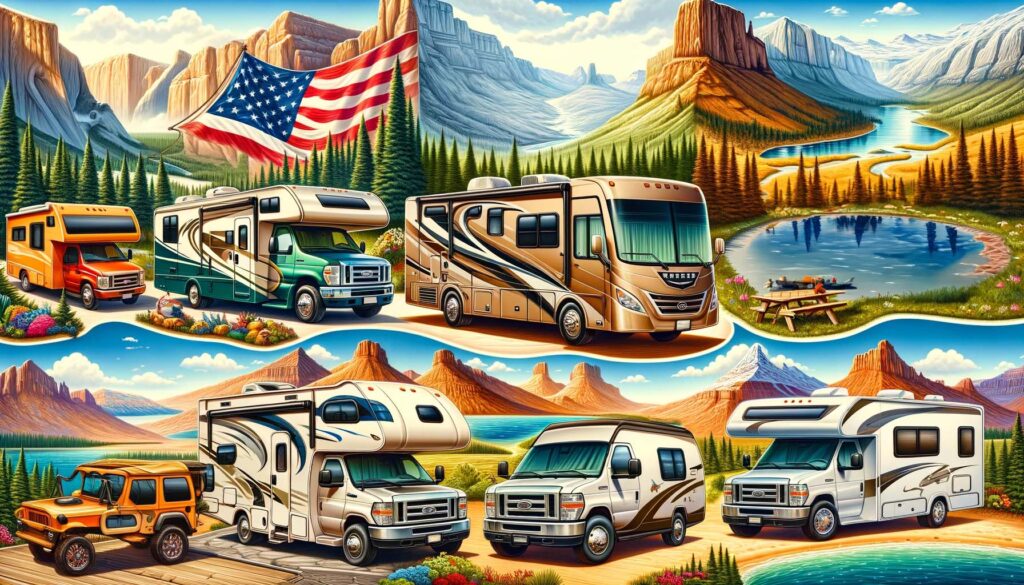
Greetings from the Tampa RV Show, the largest of its kind in the country! Surrounded by an astounding variety of recreational vehicles, from sleek camper vans to luxurious Class A vehicles, I find myself pondering a question many RV enthusiasts face: Is it better to rent or buy an RV?
A World on Wheels: Understanding RV Types
RVs are not one-size-fits-all. They range from compact camper vans, perfect for solo travelers or couples, to the grandeur of Class A vehicles, which are akin to rolling luxury homes. Each type offers different features, space, and amenities, catering to diverse lifestyles and budgets.
The Freedom of Renting: Flexibility and Variety
Renting an RV is an excellent way to dip your toes into the nomadic lifestyle without a significant financial commitment. It offers flexibility — you can choose a different type of RV for each trip, depending on your needs. Renting is also a smart choice for those who travel occasionally and don’t want the burden of maintenance, storage, and the ongoing costs associated with ownership.
Pros:
- No long-term financial commitment.
- Opportunity to test different RV styles.
- Ideal for occasional travelers.
Cons:
- Rental costs can add up.
- Limited customization.
- Availability issues during peak seasons.
The Journey of Ownership: Long-Term Benefits and Responsibilities
Buying an RV is a substantial investment but comes with the joy of ownership and the freedom to hit the road whenever you wish. It’s a home away from home, customizable to your exact preferences. For frequent travelers, the long-term cost can be more economical than renting.
Pros:
- A long-term investment in your traveling lifestyle.
- Customizable to personal taste and needs.
- Potentially more cost-effective in the long run.
Cons:
- Significant upfront cost.
- Depreciation and maintenance expenses.
- Storage and insurance requirements.
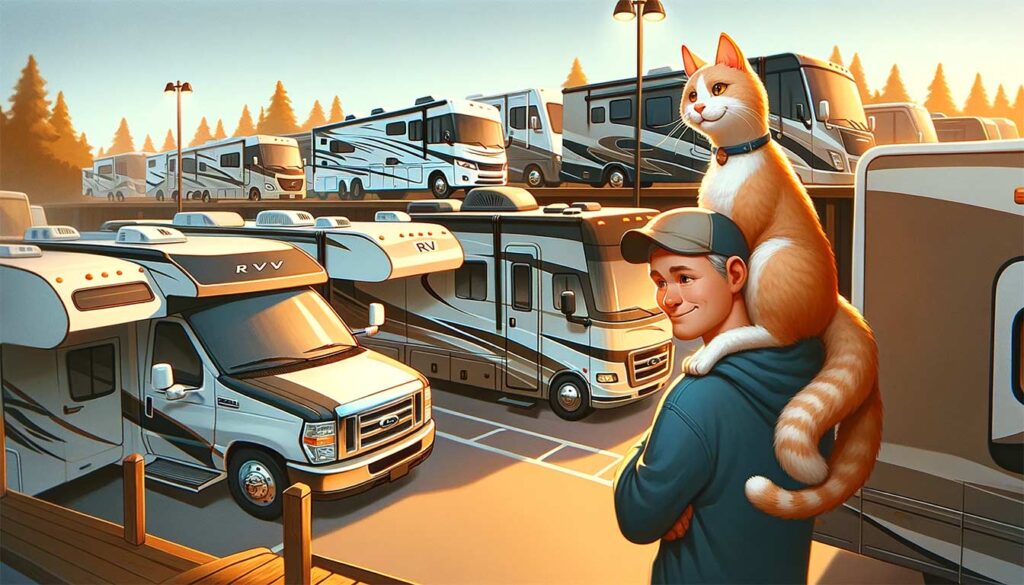
Cost Analysis: Breaking Down the Numbers
When it comes to costs, both options have their merits. Renting an RV might seem more affordable initially, especially for short trips or infrequent travel. However, the rental fees can accumulate over time. On the flip side, buying an RV requires a hefty initial investment. The costs include the purchase price, maintenance, insurance, and depreciation. But for those who travel frequently, these costs can be offset over time, making it a more economical choice in the long run.
To Rent or to Buy: Making the Right Choice
The decision to rent or buy largely depends on your lifestyle and how often you plan to travel. Renting is ideal for those who travel occasionally or want to experience different types of RVs. Buying, however, is better suited for those who envision frequent trips and value having a personalized space on the road.
Conclusion: The Road Less Traveled
As I explore the vast array of RVs at the Tampa RV Show, the decision to rent or buy is as varied as the vehicles themselves. Whether you choose the flexibility of renting or the commitment of buying, the world is yours to explore in an RV.
As an Amazon Associate, I earn from qualifying purchases.
